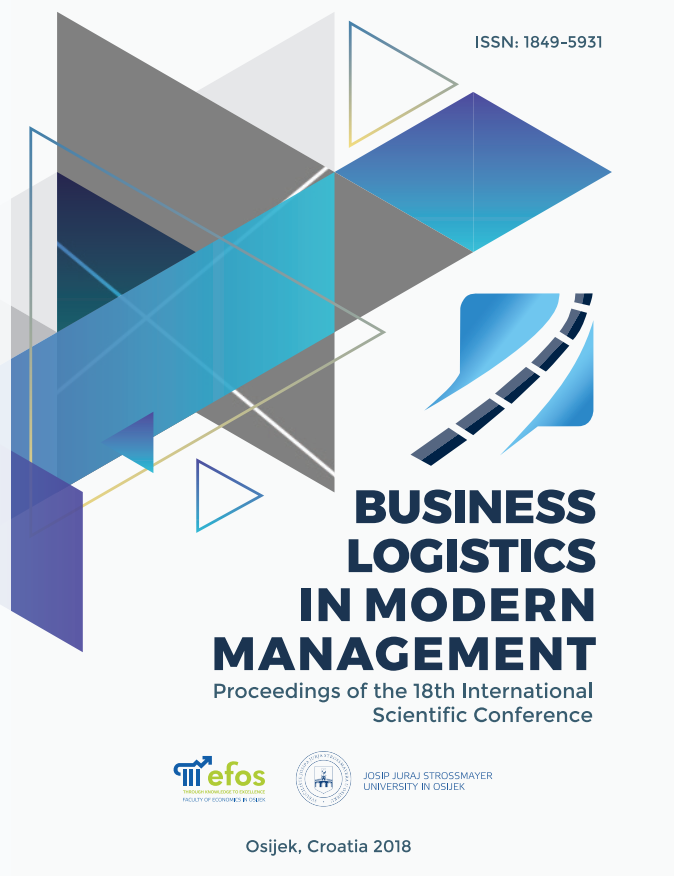TRANSPORT POLICY FROM PERSPECTIVES OF PASSENGERS, CARGO, ENERGY: CROATIA VS EUROPEAN UNION COUNTRIES
Abstract
The concept of transport has more than one meaning, it can signify social, financial, or cargo traffic, or the transport of on object from its point of origin to its destination. The last meaning has great importance for the modern economy and the day-to-day life of individuals. The mobility of capital, goods, services, and people is one of the foundations of the European Union. As the economy of the European Union is developing, the quality of life and the comfort directly resulting from the continuous development of transport technologies, along with the volume of passenger and cargo transport, is growing with it. The consequence of the growth of passenger transport is the increased energy consumption, if the same technology is used, which is definitely not an option for the sustainable development of the European Union. The goal of the paper is to investigate the transport policy of the European Union and determine the position of Croatia regarding that field, when compared to the other members of the European Union. The European Union has opened many doors for Croatia, and one of these numerous benefits is the possibility for the development of transport policy and infrastructure. With that in mind, the authors observed the TEN-T network as the centre of the transport policy, along with the transport trends and projections within the European Union, which they used to determine the development of transport in each country. Furthermore, they observed the data related to the transport of persons and cargo, and the data on the consumption of energy for the transport economic activity. The research and analysis results are presented in the paper.

